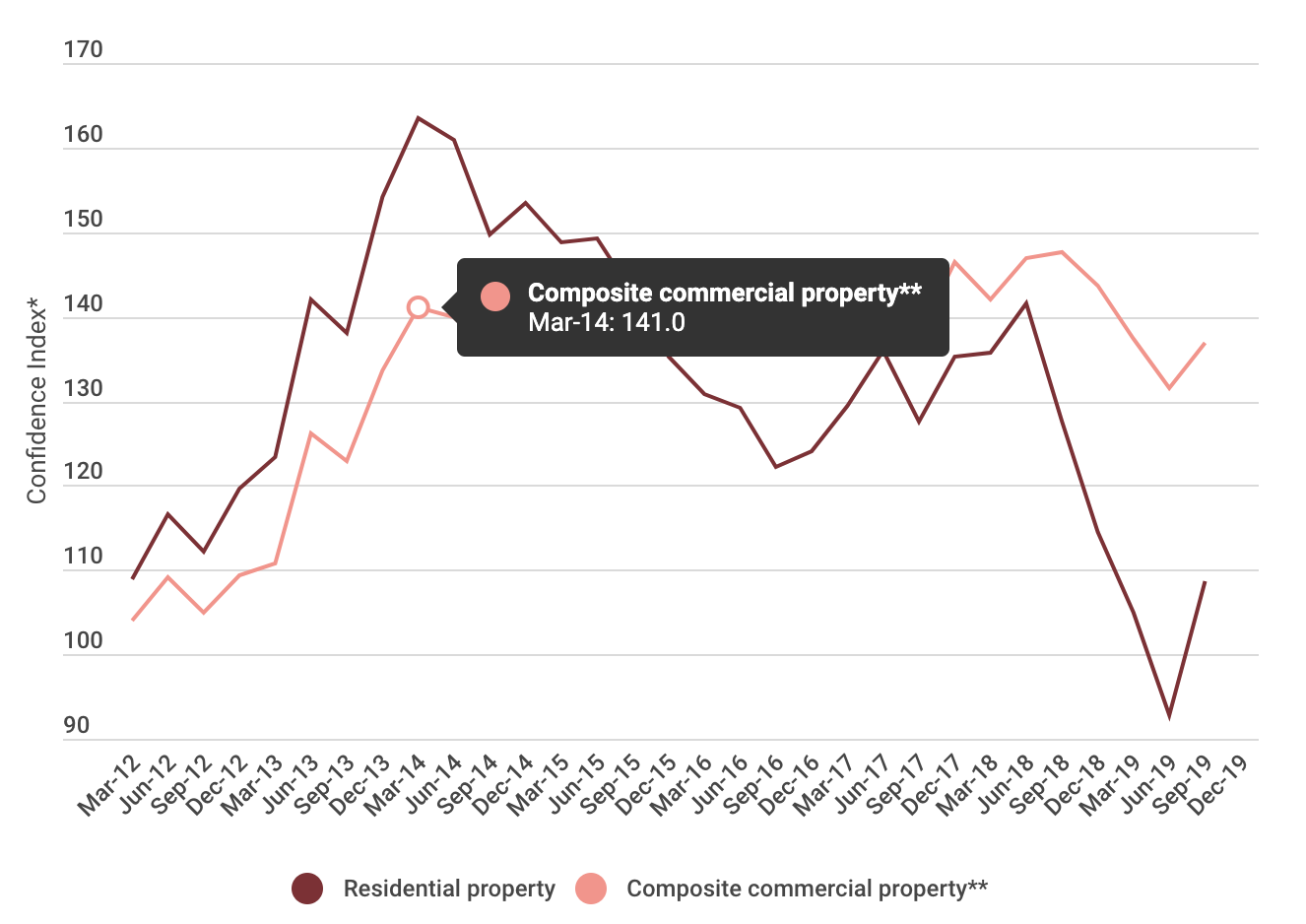Regulators Positive About Housing Market Recovery
The coordinating body for Australia’s financial regulators has signalled confidence that the housing market has bottomed out, observing a “levelling out” of house prices and lending conditions in its latest minutes.
The Council of Financial Regulators, chaired by Reserve Bank governor Philip Lowe, said that strong auction clearance rates and improving house prices is evidence of stabilisation in the Sydney and Melbourne housing markets.
The council said that the housing downturn had been “sizeable” and market conditions in most other capital cities remain soft.
The council, which meets quarterly, is the coordinating body for the Reserve Bank, APRA, ASIC and the Treasury.
Its members also discussed weakening credit growth and declines in lending affected by declining collateral values and house price falls.
“Housing credit growth has stabilised at a relatively low level, with lending to investors remaining weak, particularly from the major banks.
“Housing loan arrears have continued to edge higher, but with significant variation between regions.”
Housing-related sentiment has received a boost from back-to-back rate cuts, with the Westpac-Melbourne Institute’s “time to buy a dwelling” index posting its first above-trend reading in four and a half years.
“Just over 40 per cent of consumers expect [house] prices to be higher in a year’s time — that compares to less than 20 per cent back in March,” Westpac senior economist Matthew Hassan said.
The post-election kick in business confidence appears to have been short-lived, according to NAB’s monthly business survey — reflecting the council’s concern for weak business credit growth.
“Business confidence appears to have unwound its spike in May, which we think was driven by a short-term election bounce and increased optimism around a renewed interest rate easing cycle by the RBA,” NAB chief economist Alan Oster said.
Sentiment has bounced in residential and commercial sectors

The pick up in auction results, along with cash and tax rate cuts and the loosening of home lending restrictions has boosted confidence, but economists largely agree that a return to boom-time conditions is not going to happen.
ANZ economist David Plank said that a shift back to dramatic increases in house prices is unlikely in the prevailing environment of more stringent credit policies. AMP’s Shane Oliver said that while the cut may help the market find its bottom, it’s “unlikely to set off another boom”.
Council members said that ASIC’s upcoming public consultation on responsible lending was more about clarifying guidance on existing requirements than changing them.
“The responsible provision of credit is a cornerstone of consumer protection and is important to the Australian economy.
“Risks to lenders from housing price falls have to date been limited by the strength of the labour market, low interest rates and the improvement in lending standards in recent years.”













